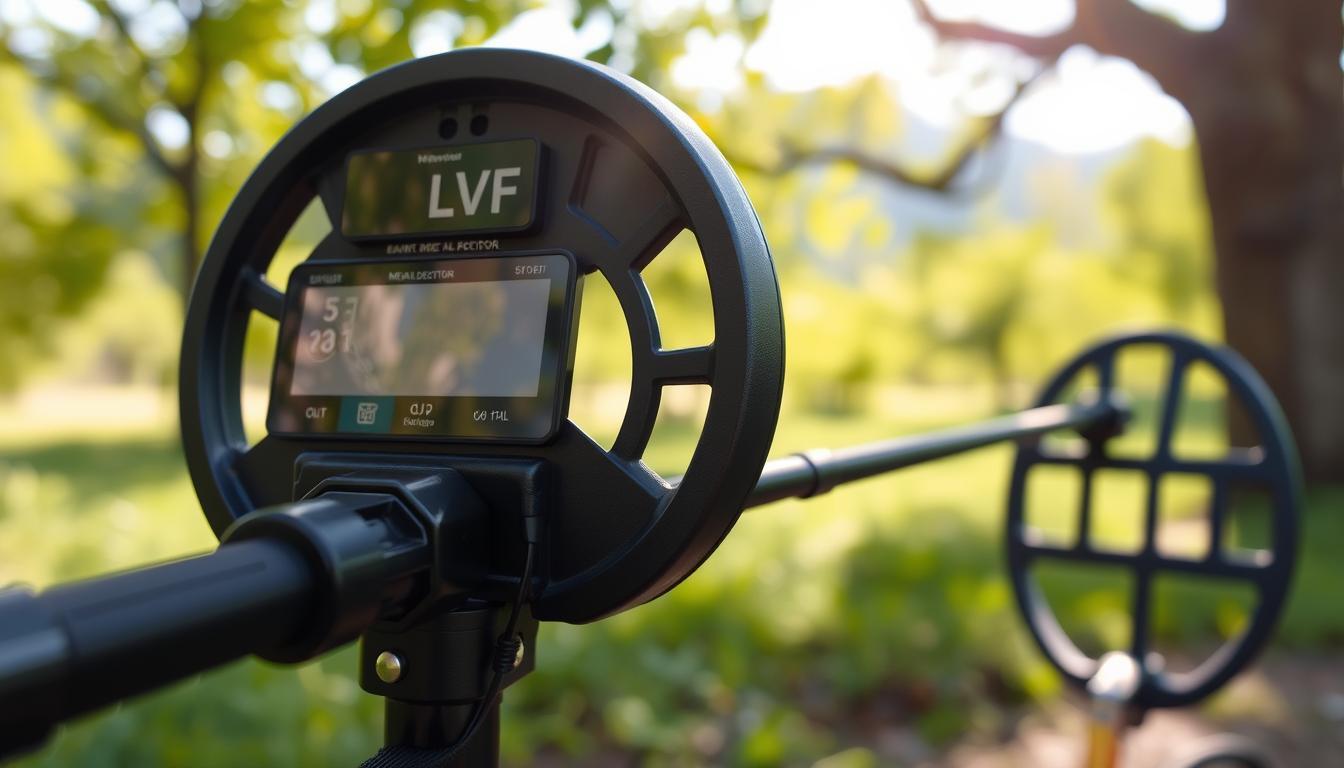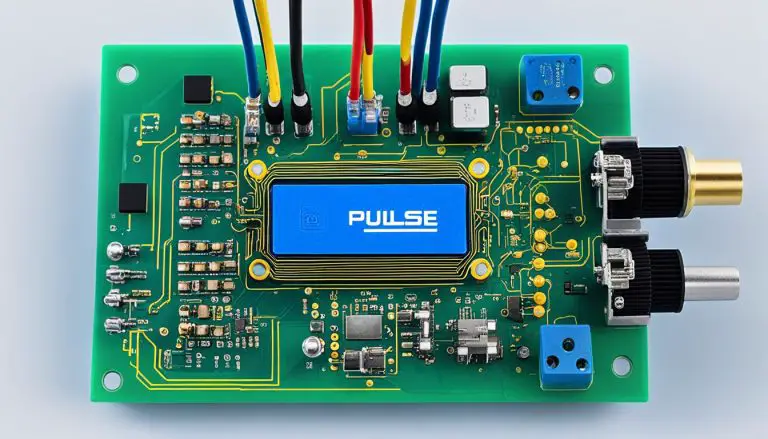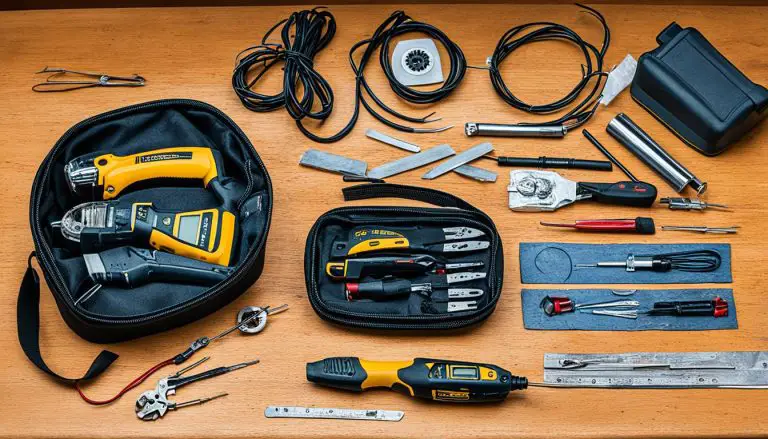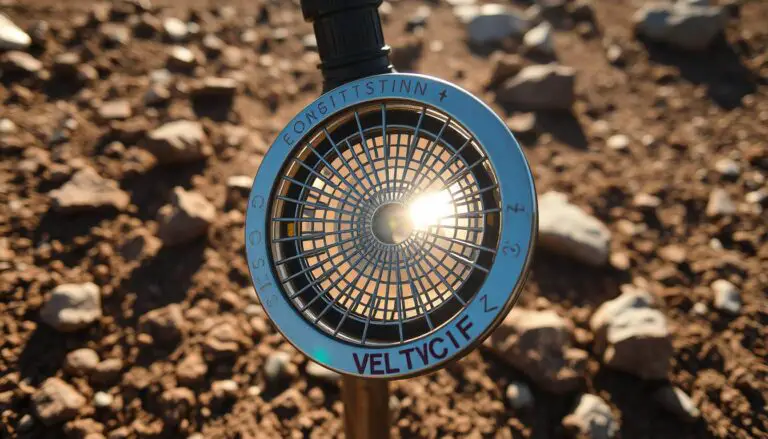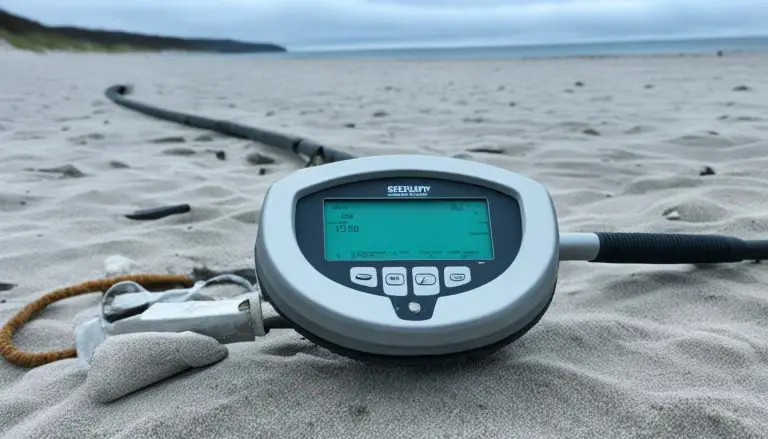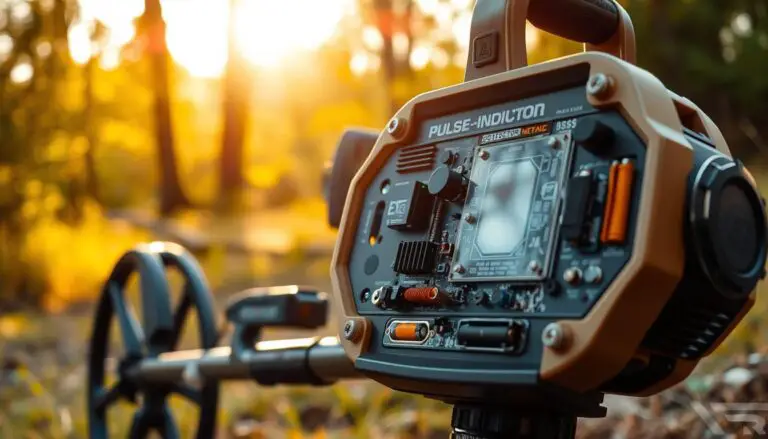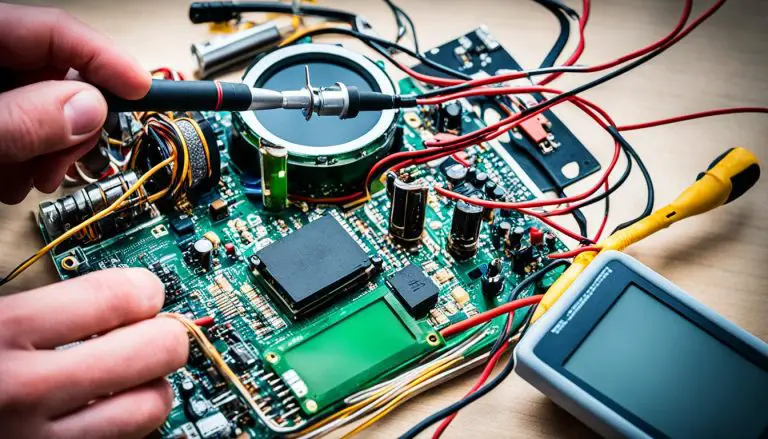How Can You Extend Battery Life for Your VLF Detector?
The VL Frequency Detector is a high-tech device that needs a good power source to work well. It usually uses 9-volt batteries, which can last 15-30 hours. K
eeping the batteries in good shape is key to making your VLF detector last longer and work better.Keeping your device clean and storing it right can help a lot. Knowing how to use your batteries wisely is also important. This way, your VLF detector will keep detecting signals well for a long time.
- Ezoic - wp_under_second_paragraph - under_second_paragraph -->Understanding VL Frequency Detector Power Requirements
VLF detectors are used for spectrum monitoring, interference detection, and wireless network optimization. They need specific power to work well and last long. These devices use two 9-volt batteries, like the Eveready R216, to power them.
Types of Batteries Used in VLF Detectors
VLF detectors use two 9-volt batteries. One battery powers part of the circuit, and the other powers the rest and the audio. This setup makes the device efficient and reliable.
Power Consumption Patterns
The power use of VLF detectors changes with their settings. Using headphones can help save battery by cutting down on audio output. Different modes, like Normal and Discriminating, also affect how much power is used.
Impact of Operating Modes on Battery Life
The mode you choose affects how long the battery lasts. Discriminating mode uses less power by filtering out some signals. Knowing how different modes use power helps users get more out of their VLF detector.
| Operating Mode | Power Consumption | Battery Life Impact |
|---|---|---|
| Normal | Higher | Shorter |
| Discriminating | Lower | Longer |
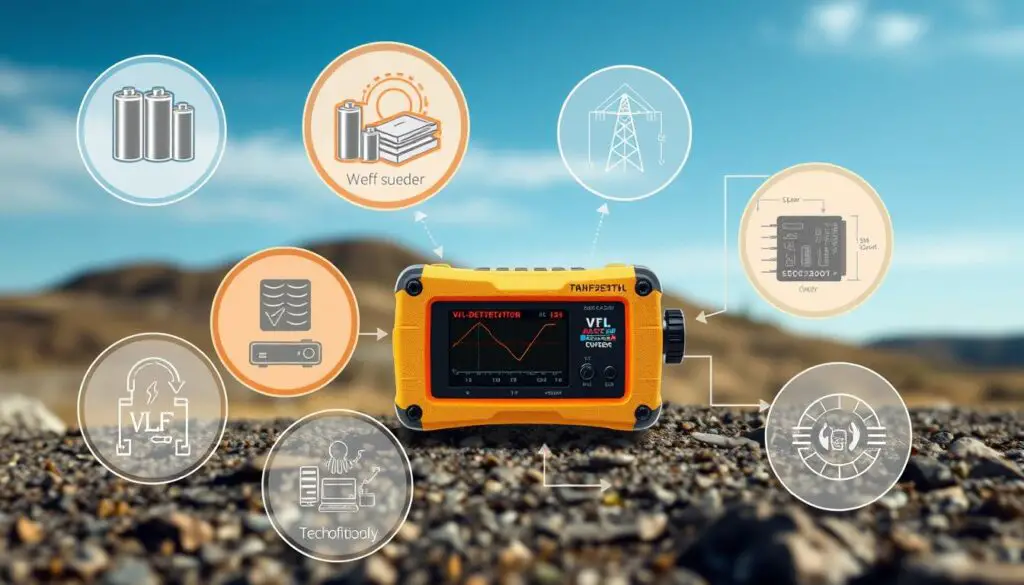
Essential Battery Maintenance Tips for Optimal Performance
Keeping your VLF detector in top shape is key, especially for tasks like radio environment scanning and electromagnetic testing. A few easy steps can make your detector’s batteries last longer and work better.
Start by checking the battery connections often and swapping out weak or dead batteries right away. This stops problems like battery leaks or malfunctions. Also, take out the batteries when you’re not using your detector for a long time to avoid damage.
- Use fresh batteries with an unexpired shelf life for optimal performance.
- For rechargeable batteries, avoid completely discharging them and instead opt for partial discharges and recharges.
- Keep a detailed log of battery replacements and performance to track the overall health of your detector over time.
By sticking to these battery care tips, your VLF detector will be ready to handle radio environment scanning and electromagnetic testing tasks with ease and dependability.
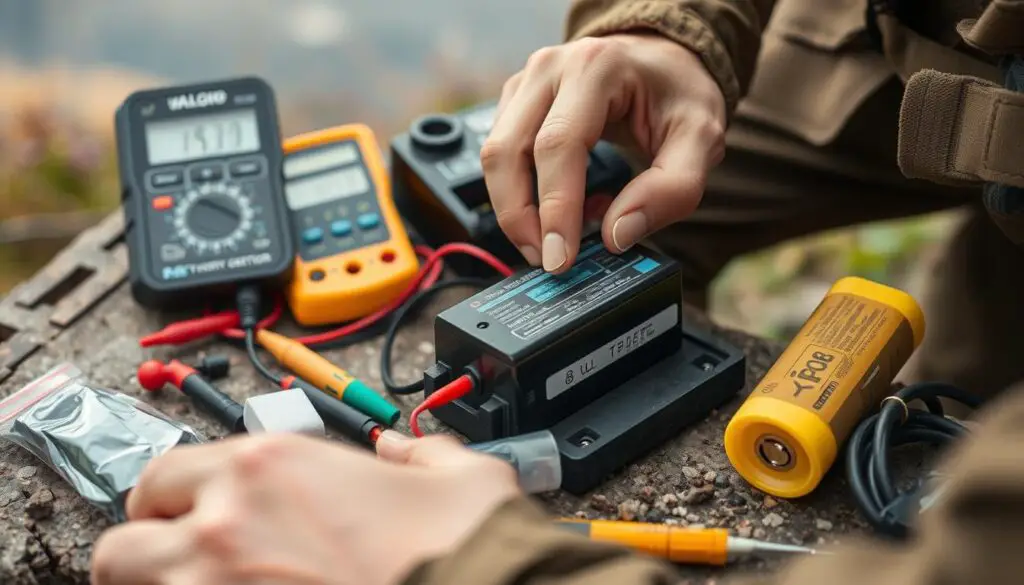
| Parameter | Value |
|---|---|
| Voltage Low (VL) before boosting | 234V |
| Voltage High (VH) after boosting | 498V |
| Boost conversion rate | VH almost double that of VL |
| Auxiliary Battery Voltage | 13.79V |
| Converter Temperature | 176°F |
Smart Operating Practices to Conserve Battery Power
To make your VLF detector’s battery last longer, it’s key to use smart practices. Using headphones is a great way to cut down on power use. This simple change can help your detector run longer before needing a battery swap.
Using Headphones to Reduce Power Consumption
Headphones use much less power than the built-in speaker. They’re a smart choice for saving energy. High-quality headphones ensure you hear everything clearly, while also saving your detector’s battery.
This is especially useful when you’re out searching for a long time. Saving battery power is crucial for your success.
Optimal Operating Settings for Power Efficiency
Adjusting your detector’s settings can also save power. Lowering sensitivity and discrimination levels helps. This way, you use less battery while still finding what you need.
Checking and adjusting these settings often can really help your detector last longer.
Managing Detection Modes for Battery Conservation
In areas with lots of minerals, switch between Normal and Discriminate modes as needed. This saves battery without losing your chance to find valuable items. Managing your detector’s modes helps you find a balance between performance and power use.
By following these smart tips, you can make your VLF detector’s battery last longer. This means you can keep searching for treasures without needing to replace batteries as often.
Preventing Battery-Related Issues and Damage
Using a VL Frequency Detector means you need to take care of it to keep it working well. One key thing is to avoid battery problems. If you don’t handle the batteries right, you might face issues like the device not working well or even getting damaged.
It’s important to be gentle when you open the battery compartment. Don’t use tools like pliers or wrenches that could hurt the inside. Make sure the batteries fit right and are connected well. If your detector acts up, check the batteries first. They’re usually the main cause of problems.
Battery leaks can also harm your VL Frequency Detector. The chemicals from leaks can damage the inside of your device. Keep an eye out for any signs of leaks or damage, especially on cables and connections. Fixing these problems early can save you money and keep your detector working longer.
| Potential Battery-Related Issues | Preventive Measures |
|---|---|
| Erratic or weak detector operation | Check batteries first, ensure proper installation and connection |
| Battery leakage and corrosive damage | Regularly inspect the detector for signs of wear, tear, or leakage |
| Damage to internal circuitry | Avoid using tools that could compromise the battery compartment |
By taking these steps, you can keep your VL Frequency Detector running smoothly. Taking good care of your batteries is key to keeping your device in top shape.
Conclusion
Keeping your VLF detector in top shape is key to its battery life. Regular cleaning and proper storage are crucial. Also, managing your battery well helps a lot.
Stay up-to-date with the latest care tips. Join online forums, read detector magazines, and go to metal detecting events. Always check your detector’s manual for specific care advice.
Using battery-saving tips can make a big difference. Lowering audio levels and adjusting sensitivity are good starts. Using targeted detection modes also helps.
These steps, along with regular maintenance, keep your detector working well. This is true whether you’re searching for RF signal analysis or spectrum monitoring.
Looking after your VLF detector’s battery is worth it. It makes your metal detecting trips better and longer. Use the tips from this article to keep your detector going strong.

